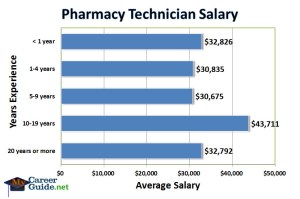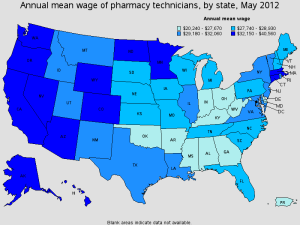(Photo Credit: MSNBC)
Somewhat of a veer in terms of job prep, let’s talk about personal choices / factors and their relation to help/hurt-ing of landing a job in your job market.
Interesting enough, let’s talk about… smoking.
Are you a smoker? You already know that this could not only damage your health, but did you know that NOW, it could hurt your chance at landing that dream job?
In recent findings and studies, it’s been assessed that the average smoking employee costs their company nearly upwards of SIX thousand dollars a year more than the employee who doesn’t smoke. This issue has become such an issue with a shoddy economy and heightened self-buying insurance through companies that the risk of hiring a smoker has become too much to bear.
This of course, brings a myriad of questions of personal expressionism and rites, but at the same time, one must question… in the employers’ shoes, would THEY hire a smoker.
One of the most stand out pieces of this article states that employers are now (grimly):
“taken into account any savings that might come because smokers tend to die younger than non-smokers” (Fox).
I find this article interesting, because one doesn’t particularly expect to be asked many personal questions among the realms of “do you smoke?” in an interview. Maybe expecting a drug test after hire, but something as seemingly simple as smoking could come as a shock. In my experience, I’ve never been asked such a thing, but my co-worker has. And in being honest, you very well may have hurt your chance at landing a job.
If we break it down into simple terms from the eyes of the employer, let’s say you (the employee) are a smoker, working at a company for ten dollars an hour, for the sake of simplicity.
You work seven hours a day.
Therefore, each day you’re making seventy dollars.
If you take a ten minute smoke break each hour, you’re taking over an hour of your day PAID to smoke.
At the end of the day, the company is essentially paying you ten dollars to smoke.
At the end of the week, the company is essentially paying you fifty dollars to smoke.
At the end of the year, you’re getting paid TWENTY SIX HUNDRED DOLLARS to walk away and have a smoke break. Then, with the health complications that often hit smokers, we’re not even taking into account insurance and time off that come in to play.
We can see how that’s a bit unappealing in the eyes of the employer. Now, this isn’t a plea to get you to stop smoking… you already know its effects. BUT, this is a plea to keep in mind that sometimes, detrimental personal choices could truly hurt your likeliness of landing a job in this difficult market.







